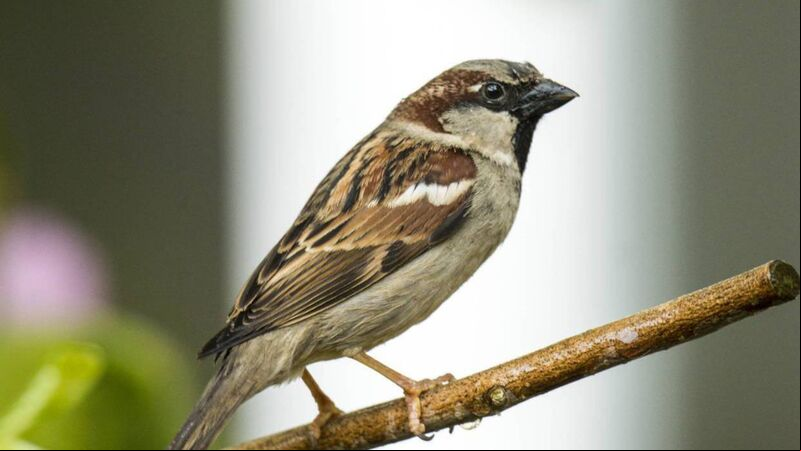I ed the battle against bird trappers, and it’s far from over

It hasn’t always been a happy haven for them though. Many have found themselves on the menu in Cypriot restaurants instead.
For centuries, Cypriots have trapped and eaten migrating songbirds, as part of their normal diet. But in recent decades, their consumption became a lucrative commercial business and the level of slaughter reached industrial levels.
The methods used by the trappers are illegal under both Cypriot and EU law, and in the last few years, both the Cypriot authorities and environmental groups have been fighting back, dramatically reducing the number of birds being trapped.
I came across bird trapping for the first time while I was serving in that country with the United Nations in 2014. Part of our duty involved the prevention of this activity and in the course of that work I encountered many bird traps. They weren’t hard to find once you knew what to look for.
The trappers basically used two methods, glue sticks and netting.
Glue sticks were very basic. They simply made a paste from the berries of a local tree and put the glue-like substance on thin sticks, which were then placed on the branches of trees. Any birds that perched on them were stuck there until the trappers returned.
The trappers removed the sticks, detached their prey, then replaced the sticks for the next feathered visitors.
Netting was more sophisticated. Metal poles were placed strategically around the trees and light netting was then attached to the poles.
When the unsuspecting birds came in to land, they got tangled up in the netting. Some systems used electronic recording devices attached to speakers to lure the birds with mating calls. These took time and money to arrange but were very effective. The trapped birds were stuck there until they were recovered by their captors.
While it doesn’t sound particularly appetising to me, it was, and maybe still is, a popular dish there.
Diners were prepared to pay well for the privilege of eating these miniature creatures. The dish was called ambelopouli and it would never appear officially on a menu, so diners had to know where it was available and who to ask for it.
The organisation BirdLife Cyprus had a report on its website in 2020 describing trapping as the indiscriminate and large-scale killing of thousands of birds every year, with the worst year, since their records began, being 2014, when an estimated 2.5 million birds killed.
Cyprus’s Game and Fauna Service, which is in charge of the fight against poaching, says the illegal trade is worth about €15 million a year.
The campaign against illegal bird trapping is one of their most important long-term activities and the problem will only stop with a ‘zero tolerance’ approach. BirdLife Cyprus is determined to carry on fighting, but they have their work cut out for them.
We dismantled the traps ourselves and made sure they could never be used again. It didn’t stop the trappers though. They simply replaced the equipment and headed for new ground.
It was a game of cat and mouse and occasionally we could see the trappers observing our activity from a distance.
They had their side of the story too. Trappers defended their activity as traditional Cypriot food gathering and an important source of protein for the natives for thousands of years.
Historically, trapped birds were a food supplement for the mostly poor island inhabitants living off the land. Trapping in Cyprus has been recorded in historical documents from the Middle Ages and even earlier times - but things are changing.
The figures reveal a 49% reduction in bird trapping with nets between autumn, 2022, and autumn, 2021, while the numbers since 2002 showed a 91% decrease.
This encouraging trend is due to the ongoing collaboration between environmental organisations and the competent authorities. High fines from €2,000 up have also helped.
The problem persists in certain areas across Cyprus, where large-scale, organised trappers continue unhindered in the absence of the effective action of the Cyprus police anti-poaching unit, which was disbanded in November, 2019.
The relaxation in fines from €2,000 to €200 for the killing of up to 50 birds using lime sticks, make penalties neither punitive nor deterrent.
According to BirdLife Cyprus, this has indirectly decriminalised this trapping method and resulted in an increase in lime stick use recently.
Only then, according to the experts, will Cyprus be able to deliver the final blow to the scourge of illegal bird trapping.
On the other hand, a recent demonstration organised by Active Citizens Movement of United Cyprus Hunters urged the government to lower the fines and to legalise spring hunting and bird trapping. So, this story is far from over.







 App?
App?




